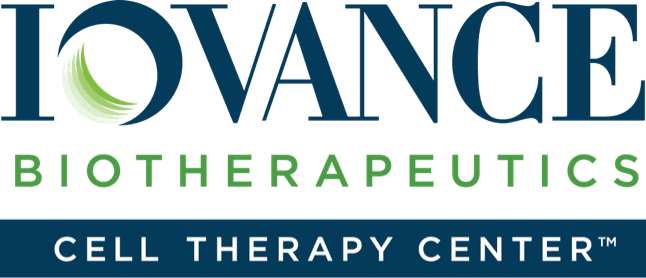Main Product Candidates
Allogeneic CAR-T Cell Pipeline
Target | Indication | Study |
Preclinical |
Phase 1 |
Phase 2 (1) | Upcoming expected milestone |
|
|---|---|---|---|---|---|---|---|
| Fully owned |
Lasme-cel (UCART22) CD22 |
ALL | BALLI-01 NCT04150497 |
First patient in Phase 2 expected to be enrolled in Q4 2025 |
|||
|
Eti-cel (UCART20x22) Dual Target CD20, CD22 |
NHL | NatHaLi-01 NCT05607420 |
Phase 1 ongoing with readout expected late 2025 |
||||
| Licensed Partners |
Cema-cel (ALLO-501A) CD19 (2)
|
LBCL |
ALPHA3 NTC06500273 |


|
|||
|
ALLO-316 (3) CD70
|
RCC |
TRAVERSE NCT04696731 |

|
||||
|
IOV-4001 |
Melanoma, NSCLC |
IOV-GM1-201 NCT05361174 |

|
(1) Phase 3 may not be required if Phase 2 is pivotal. According to Allogene, ALPHA3 is a pivotal Phase 2 trial.
(2) cemacabtagene ansegedleucel has been developed under a collaboration agreement between Servier and Allogene based on an exclusive license granted by Cellectis to Servier. Servier grants to Allogene exclusive rights to cemacabtagene ansegedleucel in the U.S., EU and UK. The ALPHA3 study targets Large B-Cell Lymphoma (LBCL).
(3) ALLO-316 utilizes TALEN® gene-editing technology pioneered and owned by Cellectis. Allogene has an exclusive license to the Cellectis technologies for allogeneic products directed at the CD70 target. Allogene holds global development and commercial rights for this investigational candidate.
ALL, Acute Lymphoblastic Leukemia; NHL, Non-Hodgkin’s Lymphoma; LBCL, Large B-Cell Lymphoma; RCC, Renal Cell Carcinoma; NSCLC, Non-Small Cell Lung Cancer
Development of a product candidate takes place in several stages
-
Discovery
-
Identification of a new potential target that could lead to a future product candidate.
-
Product development
-
Engineering of “Chimeric Antigen Receptor” (CAR) T-cells is one of the technologies developed by Cellectis to construct new product candidates. This approach allows us to design allogeneic product candidates through a gene editing mechanism of T-cells derived from healthy donors. Gene editing is performed using TALEN®, which allow very precise and targeted gene modification and provide new attributes to the product such as additional levels of safety or compatibility with the standard of care.
-
Preclinical Studies
-
- In vitro studies performed on specific cell lines to have some preliminary results on the activity of a potential product candidate.
- In vivo studies performed on animal models in order to have preliminary results on the dose-dependent toxicity and on the activity of a potential product candidate before further clinical investigation. -
IND filing (or foreign equivalent)
-
The Investigational New Drug (IND) filing in the USA consists of submitting the required study documentation package to the health authority (FDA) to obtain the authorization to perform clinical investigation.
-
Clinical Studies
-
Testing of the product candidate in humans.
Phases of clinical trials
-
Phase I
-
First time an experimental drug or treatment is tested in humans to examine how well the drug is tolerated.
-
Phase II
-
Trials designed to examine if the drug or treatment has a clinical activity.
-
Phase III
-
Trials designed to assess the treatment effect on a clinically meaningful endpoint.
-
Phase IV
-
Post-marketing studies to gain additional information.
-
Phase I
-
First time an experimental drug or treatment is tested in humans to examine how well the drug is tolerated.
-
Phase II
-
Trials designed to examine if the drug or treatment has a clinical activity.
-
Phase III
-
Trials designed to assess the treatment effect on a clinically meaningful endpoint.
-
Phase IV
-
Post-marketing studies to gain additional information.